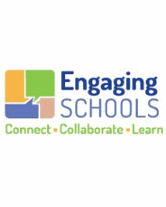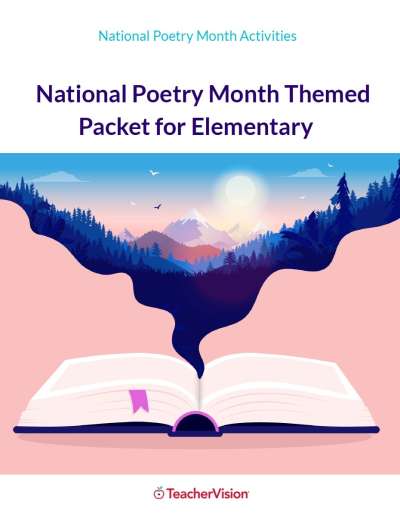Objectives
- Students will construct definitions of conflict and violence
- Students will distinguish between conflict and violence.
- Students will identify what is positive about conflict
- Students will analyze a conflict they have experienced.
Materials
- Survey About Conflict and Me
- Blackboard or white board
Procedures
- Begin with an opening activity.
Webbing Conflict
- Ask students for their associations with the word "conflict."
- Record their ideas on the board using a web format.
- Write the word "conflict" in the center of the board or chart paper and circle it. The words students associate with conflict are written at the end of lines radiating from the circle. Related ideas can be grouped together.
- Discuss the web by asking:
- What do you notice about the web?
- Are there any generalizations we might make about our associations with the word conflict?
- Why are most of our associations with conflict negative?
- What are some examples of conflicts?
- Explain that many people equate conflict with violence. (You may want to write "Conflict = Violence" on the board to make this point.)
- Ask students: What is the difference between conflict and violence?
(When a distinction has been made, you can change the equation on the board to "Conflict does not equal Violence.")- Point out that violence and conflict are not the same thing because most conflicts do not lead to violence.
- Erase the words from the board and ask students to brainstorm a list of things that are positive about conflict.
- Some examples of positive aspects of conflict are:
- It can be exciting.
- It can shape our thinking so that we have new ideas.
- Sometimes it can bring us closer to another person once we've worked it out.
- Explain that conflict is a part of life and that we all experience conflicts at home, at work, in school, and on the street. In fact, conflict is often beneficial. Having conflicts with other people may be uncomfortable, but trying to solve them can shake up our thinking and often leads to new ways of looking at things.
Pair-Share About a Conflict You've Experienced
- In pairs students will take turns talking and listening.
- Give each person two or three minutes to respond to the following question: What was a recent conflict you experienced? Who was involved? What did he or she do? How did it turn out?
- After each partner has had a chance to speak, ask: What was that like? Did your partner really listen? What made you think so? What kind of body language shows that someone is listening (eye contact, facing the speaker, leaning forward)? What were the outcomes of some of the conflicts?
Checking Out What We've Learned
- Give each student a copy of the Survey About Conflict and Me.
- Have each student fill it out. Remind students to be as honest as possible.
- Assure them that other students will not see their responses.
- The survey provides you with a good database for creating role-plays and conflict scenarios to use in conjunction with other exercises.
- Ask students: What is the difference between conflict and violence?

Provided by Engaging Schools
Explore the negative and positive sides of conflict, and discuss with your students how they respond to conflict. Use this lesson plan to develop students' interpersonal skills and promote school safety.
Holidays
TYPE:
Teaching Strategies




